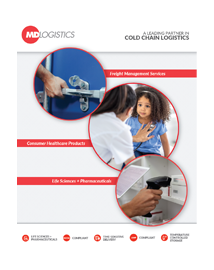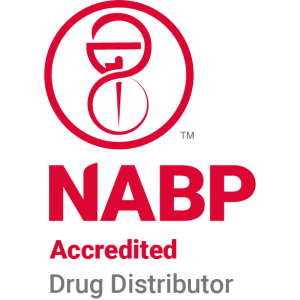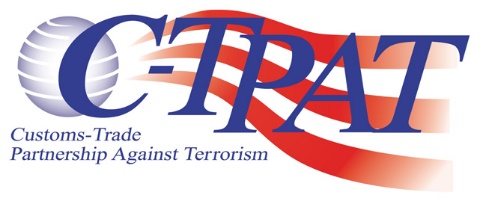
The pharmaceutical industry is a $1.2 billion industry that many Americans depend on, making the safety and operations of the pharma supply chain a top priority.
TraceLink Senior Vice President of Engineering John Hogan shares his insights on what we can expect to see in 2020 as the pharma supply chain industry continues to expand its digital transformation.
Digitally Uniting Operations
The pharmaceutical supply chain has started to shift away from its historically demand-driven model to a more patient-driven model, especially with the rise of personalized medicine. This has created a challenge for traditionally linear supply chain operations, as business operating models are becoming increasingly complex. In 2020, more individualized patient populations, combined with higher value drugs will cause all segments of the supply chain to further adjust operations and evolve, digitally collaborating to take the necessary steps towards a more network-centric approach to the pharmaceutical supply chain. This digital collaboration will increase the need for a single, unified digital network platform to serve the entire end-to-end pharma supply chain
Empowering the Pharma Companies with Supply Chain Visibility Using the IoT
IoT continues to be a key driver in the digital transformation of the pharmaceutical industry. By transmitting real-time data, IoT devices provide an incredible beneficial and vital solution for the pharma industry, as processes are often complex.
For example, a complex process within the pharma supply chain is the transportation of these medicines. Most notably, specialty medicines which can cost millions of dollars must be kept in temperature-controlled environments and retain their pristine product quality throughout transportation. There is little to no room for error when monitoring a medication’s integrity, especially when it comes to a specialty-made or potentially life-saving medication.
IoT devices in the pharma supply chain allow pharma companies to track products throughout the entire supply chain — from manufacturing to warehouses, to final delivery, also offering visibility into product conditions and temperature-monitoring along the way. Smart tracking is responsible for making these insights available and ensure they are accessible for pharma companies in real-time.
Enabling an Intelligent Pharma Supply Chain
Digital network platforms will encourage collaboration and increase visibility throughout the pharma supply chain. By providing an interoperable environment, digital network platforms allow partners to integrate and exchange transactional information to help improve processes and share knowledge to help solve industry challenges. In addition to holding serialization data that enables the digital tracking and tracing of medications, a digital network platform can also house integrated data from supplemental data archives. These may include enterprise resource planning (ERP) systems, Internet of Things (IoT) devices, and RFID sensors. These data-rich sources will enable future applications to be built via next generation technologies, that will further support the pharma industry’s digital transformation.
Applications that use artificial intelligence (AI) and machine learning (ML) are also being looked to, to help businesses detect undiscovered patterns within the supply chain. Although AI for the supply chain is still being evaluated, when trained, it can enable businesses to answer questions, solve problems and pave the way for future success by helping mine data lakes. AI’s ability to optimize data analytics will support businesses in achieving full end-to-end visibility into each product’s journey through the supply chain.
Source: ValueWalk



